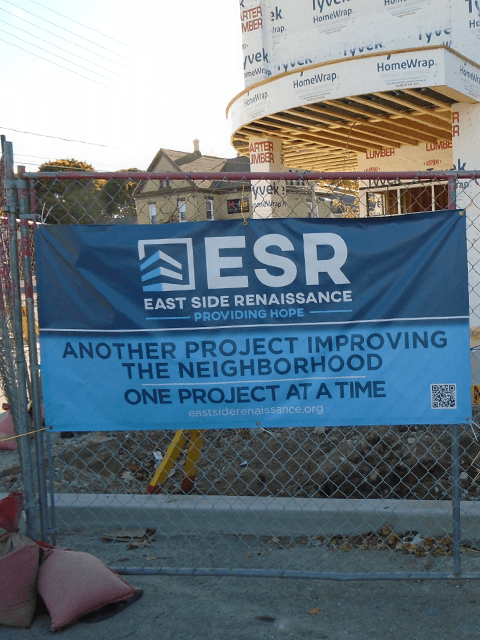
Pope Francis’ encyclical letter Laudato Sí, On Care for our Common Home, is a call to us to take responsibility to care for all God’s creation. We are to move beyond indifference – to embrace the challenge.
Typical of the superb teacher that he is, Francis includes concepts to understand and processes to renew or add to our lives. One such area is politics.
In #197 we read, “What is needed is a politics which is far-sighted and capable of a new, integral and interdisciplinary approach to handling the different aspects of the crisis.” The encyclical offers ways to transform our current experience of politics to move closer to what we need.
The importance of law is spoken of as a source of oversight and coordination. It lays down rules for admissible conduct – always considering the common good rather than focusing on the needs of a particular group. #177
A challenging statement about the purpose of political and institutional frameworks is offered in #177: “They do not exist simply to avoid bad practices but also to promote best practice, to stimulate creativity in seeking new solutions, and to encourage individual or group initiative.”
Politics is about “worthy goals and values.” Developing and achieving these require “continuity.” “Results take time and demand outlays which may not produce tangible effects within any one government’s term.” #181 How different political platforms and campaign rhetoric would be if we realized and embraced this reality!
It is much more effective “when we generate processes rather than holding on to positions of power…. A politics concerned with immediate results supported by consumerist sections of the population produce short-term growth.” #178
Pope Francis speaks of the need for continued monitoring and re-assessment. The political process should be transparent, involving a free exchange of views. #183 For new models of progress to arise responsible reflection is needed. #194
Laudato Sí offers questions that are to be asked in any proposed venture “to discern whether or not it will contribute to genuine integral development.”
- What will it accomplish?
- Why? Where? When? How?
- For whom?
- What are the risks?
- What are the costs? Who will pay these costs and how? #185
“A consensus should always be reached between the different stakeholders…. The local population should have a special place at the table....” #183
Subsidiarity is a term and process drawn from the past to address present needs. In #196 we read, “Let us keep in mind the principle of subsidiarity, which grants freedom to develop the capabilities present at every level of society, while also demanding a greater sense of responsibility for the common good from those who wield greater power.”
We have a call here to allow planning, decision-making and implementation to happen at the lowest possible levels of society and government. Why start here?
“There are no uniform recipes, because each country or region has its own problems and limitations. … New forms of cooperation and community organization can be encouraged in order to defend the interests of small producers and preserve local ecosystems from destruction.” #180
We are reminded in #179, “…. local individuals and groups can make a real difference. They are able to instill
- A greater sense of responsibility
- A strong sense of community
- A readiness to protect others
- A spirit of creativity
- A deep love for the land
- Concern about what they will eventually leave to their children and grandchildren.”
In his rule Saint Benedict writes, “Your way of acting should be different from the world’s way…” RB4:20
Laudato Sí teaches us how to act differently. This encyclical offers ways to transform our current experience of politics to move closer to what we need if we are to “care for our common home” in significant, lasting ways: A politics that transforms.
Suggestions for action:
- Get involved in an organization/movement that emphasizes an issue about which you are impassioned.
- Identify ways you can elicit in members of your affiliations the following values:
--A greater sense of responsibility
--A strong sense of community
--A readiness to protect others
--A spirit of creativity
--A deep love for the land
--Concern about what they will eventually leave to their children and grandchildren #179
